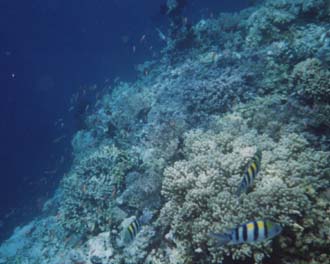Reef corals and fish in the shallow water near Menjangan Island, Northwest of Bali, Indonesia
Click on image for full size
Courtesy of Lisa Gardiner
Hope for the World’s Coral Reefs?
News story originally written on December 20, 2002
Scientists say that some coral reefs started to become healthier during 2002, even after they have been damaged for many years.
The reefs that are getting healthier are in places that are protected from too much fishing, pollution, and sand falling on top of the little coral animals, which clogs them so that they cannot eat.
Sadly, not all reefs are perking up. Scientists say that about one out of every four reefs has been destroyed and more are expected to die in the next 10 to 20 years. Problems like too much fishing or pollution in the ocean water hurt the coral reefs but they are also in danger because of global climate change.
Last modified December 20, 2002 by Lisa Gardiner.
You might also be interested in:
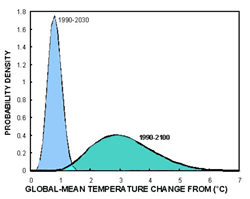
Scientists at the U.S. National Center for Atmospheric Research have shown that there is a 90% chance that global temperatures will rise 3-9 degrees Fahrenheit over the next 100 years. This is a big jump
...more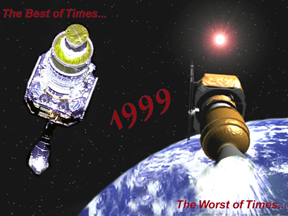
It was another exciting and frustrating year for the space science program. It seemed that every step forward led to one backwards. Either way, NASA led the way to a great century of discovery. Unfortunately,
...more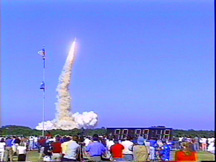
The Space Shuttle Discovery lifted off from Kennedy Space Center on October 29th at 2:19 p.m. EST. The sky was clear and the weather was great. This was the America's 123rd manned space mission. A huge
...more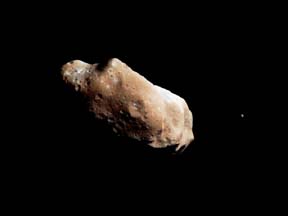
Scientists found a satellite orbiting the asteroid, Eugenia. This is the second one ever! A special telescope allows scientists to look through Earth's atmosphere. The first satellite found was Dactyl.
...more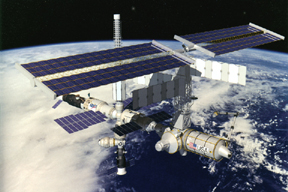
The United States wants Russia to put the service module in orbit! The module is part of the International Space Station. It was supposed to be in space over 2 years ago. Russia just sent supplies to the
...more
A coronal mass ejection (CME) happened on the Sun last month. The material that was thrown out from this explosion passed the ACE spacecraft. ACE measured some exciting things as the CME material passed
...more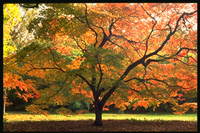
Trees and plants are a very important part of this Earth. Trees and plants are nature's air conditioning because they help keep our Earth cool. On a summer day, walking bare-foot on the sidewalk burns,
...more


